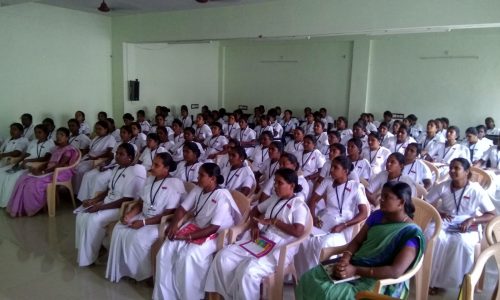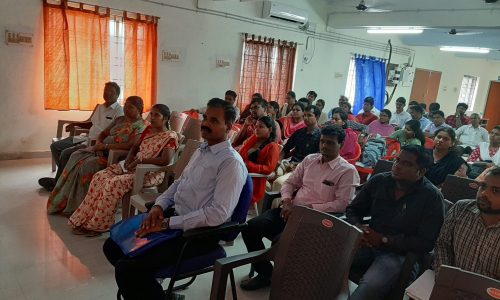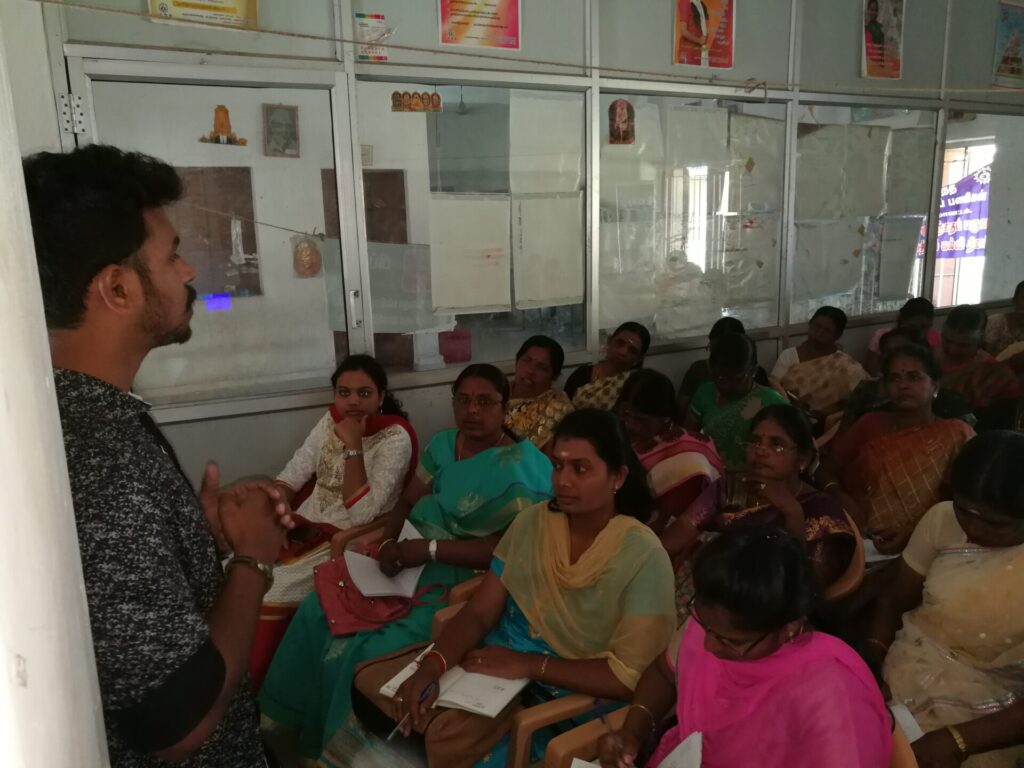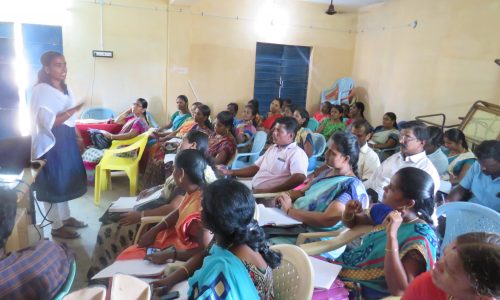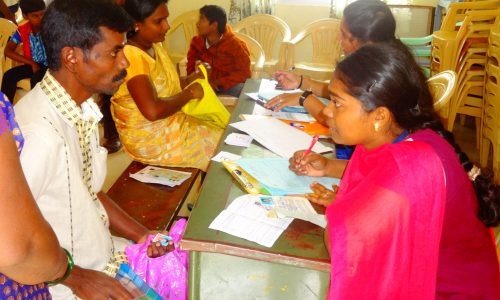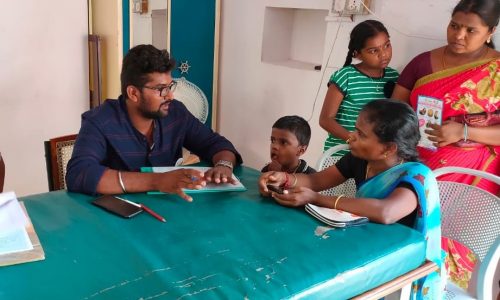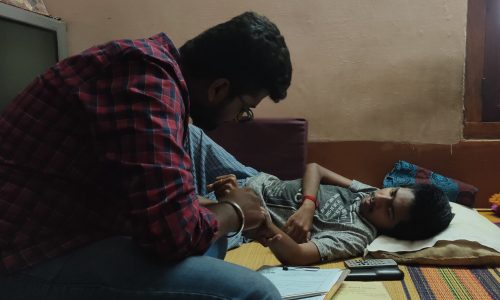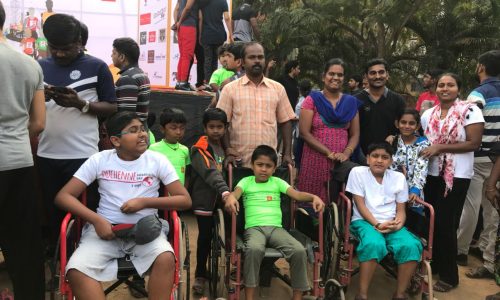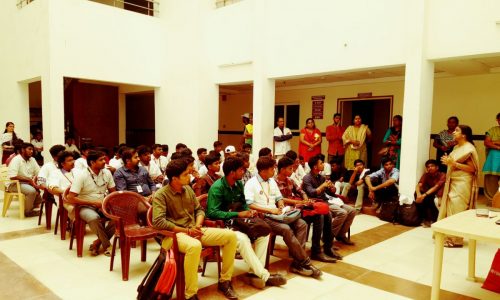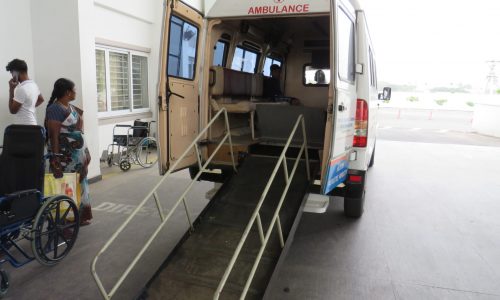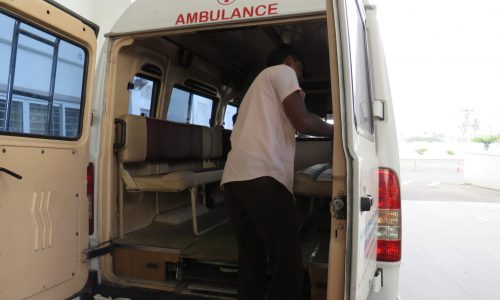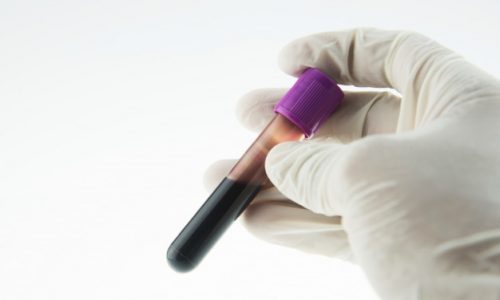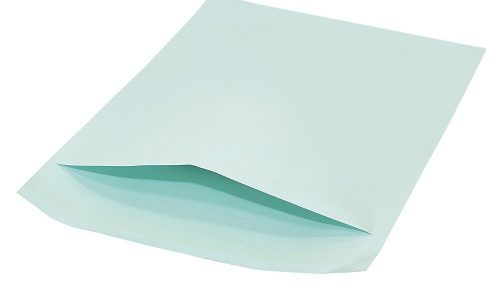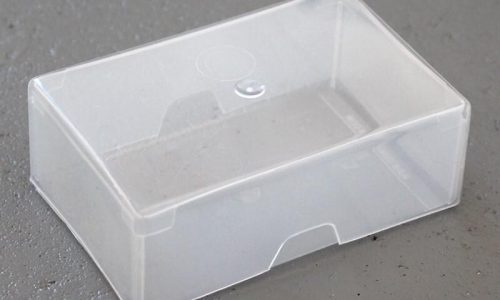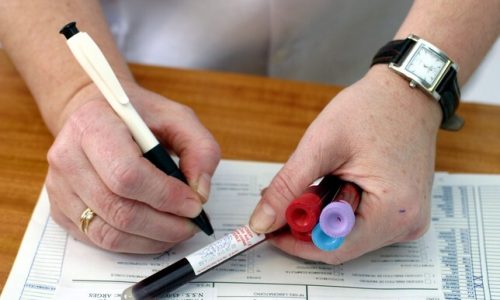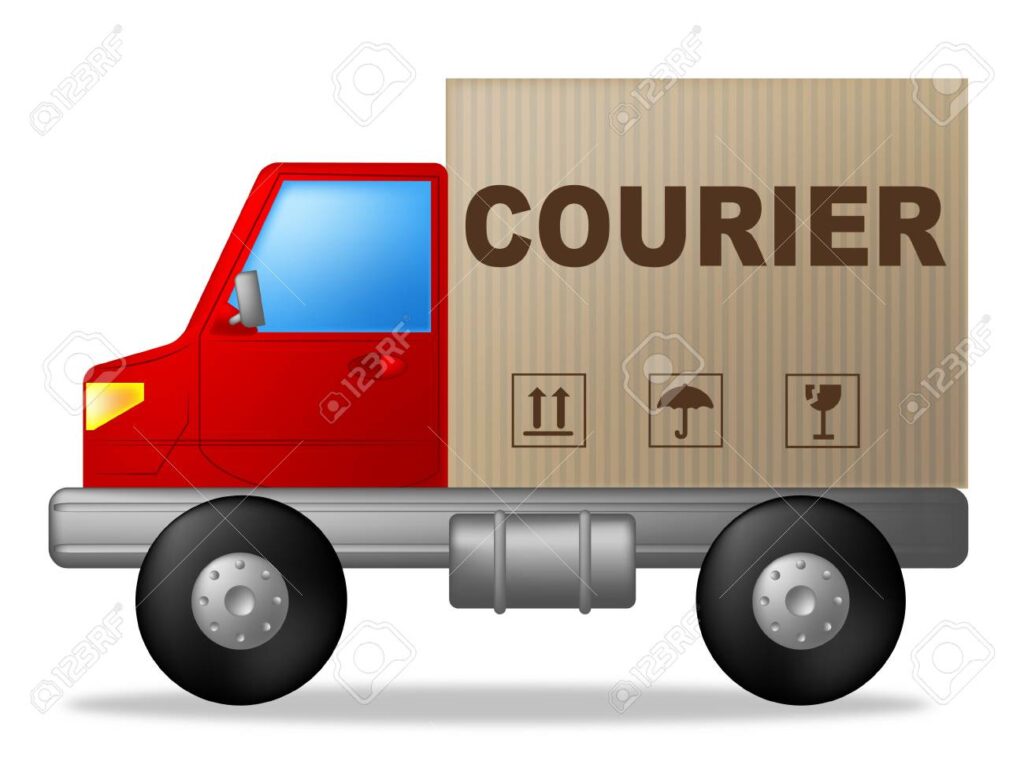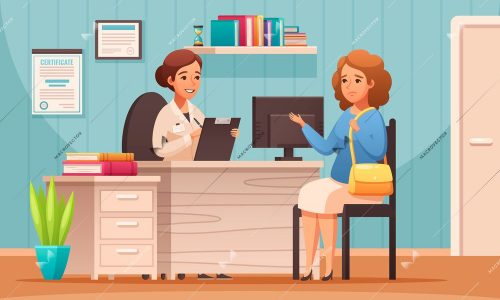DNA Bank
DNA banking is of high importance for research in rare diseases. There are >6,000 rare diseases with at least 30 million people affected in the European Union (EU). The European Commission (EC) has prioritized rare diseases in recent health and research programs. The rarity and diversity of rare diseases and their associated biomaterials harbor specific challenges and opportunities for DNA banking requiring transnational collaboration and harmonization.
DNA bank is a place where we find a collected and stored natal matter from one or quite a few human beings. It uphold their importance and reputation through samples composed during routine medical care and stored after study. DNA banking has raised its value because of study, examination and personalised remedy that ultimately leads to the vital development. Sometimes, it is difficult to collect samples and materials from various parts of the world that minimize the resources and practices in the biobanks.
The importance of biobanking can be analyzed through the procedure of their study as it is not a simple task; it requires making of a bio specimen, gathering, processing, separation, purification, protection, examination, extraction, validations and trials.These days, bio-specimen sets are utilised to diagnose and for investigation purposes; we use them for study and for business and trade. In this way, DNA banking is a science as well as a trade. It allows preventing health and matching among the nations all over the globe.
MDCRC holds complete DNA bank of all the patients till date who have come for their genotyping to the facility. We also hold the DNA samples of the carriers. Samples of other Muscular dystrophy patients who have approached us have also been stored with the hope to provide them mutation analysis in future. Instead of pricking the children for blood sample frequently or asking them to visit the facility again and again from far and wide, we collect the sample and store in the DNA bank for future research. It remains viable for over 20 years when meticulously handled and stored under uninterrupted power supply.
So far we have close to 3500 DNA samples stored in our DNA Bank which includes DMD/ BMD probands, carriers and
other Muscular dystrophy probands and carrier samples. This is the first of its kind in India. MDCRC holds the credit for having stored the samples to call it a valuable bank today. Complete flow chart of maintenance of the DNA bank is shown below.


